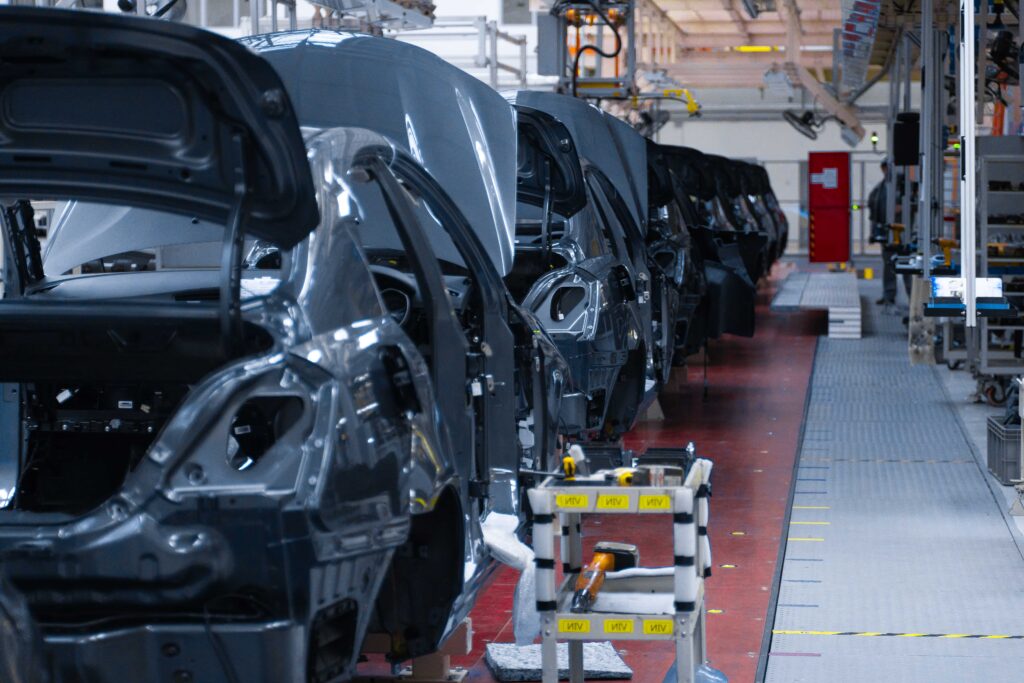CMC pegs JLR hack at £1.9bn with 5,000 firms affected
The cyberattack on JLR has been classified as Category 3, with warnings to harden critical networks.

JLR’s cyberattack is pegged at £1.9bn, the UK’s costliest on record. Production paused for five weeks from 1 September across Solihull, Halewood, and Wolverhampton. CMC says 5,000 firms were hit, with full recovery expected by January 2026.
JLR is restoring manufacturing in phases and declined to comment on the estimate. UK dealer systems were intermittently down, orders were cancelled or delayed, and suppliers faced uncertainty. More than half of the losses fall on JLR; the remainder hits its supply chain and local economies.
The CMC classed the incident as Category 3 on its five-level scale. Chair Ciaran Martin warned organisations to harden critical networks and plan for disruption. The CMC’s assessment draws on public data, surveys, and interviews rather than on disclosed forensic evidence.
Researchers say costs hinge on the attack type, which JLR has not confirmed. Data theft is faster to recover than ransomware; wiper malware would be worse. A claimed hacker group linked to earlier high-profile breaches is unverified.
The CMC’s estimate excludes any ransom, which could add tens of millions of dollars. Earlier this year, retail hacks at M&S, the Co-op, and Harrods were tagged Category 2. Those were pegged at £270m–£440m, below the £506m cited by some victims.
Would you like to learn more about AI, tech and digital diplomacy? If so, ask our Diplo chatbot!
